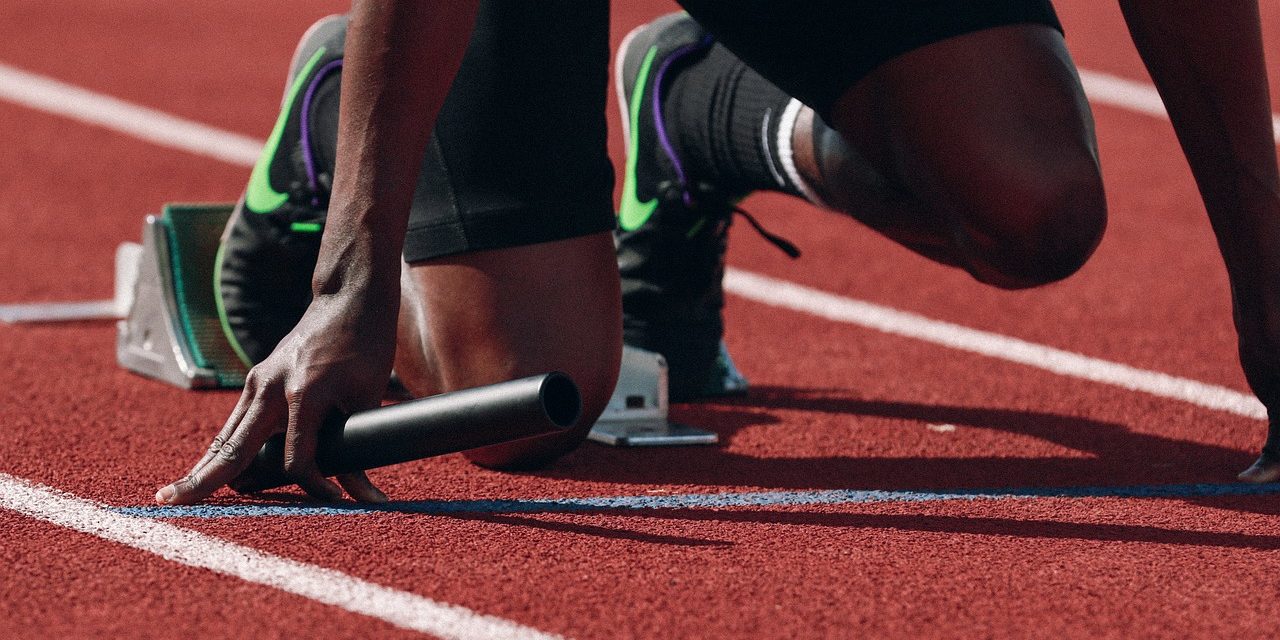Professional athletes are finding a new array of equity arrangements to consider in endorsement and branding contracts.
The answer to that question is a resounding “yes.” Professional athletes are becoming the focus of new, creative equity-structured arrangements in which their personal brands are either leveraged in exchange for equity in companies; or athletes’ earnings and careers themselves are being equitized into stocks sold in the marketplace.
These complex hybrid licensing, endorsement and sponsorship deals are so new that the legal issues are constantly evolving along with the equity-structured contracts, and any professional athlete in any sport should retain an attorney with specific experience in sports contracts, licensing, endorsements, branding, intellectual property and marketing. A knowledgeable sports endorsements and sponsorships lawyer can advise the pro-athlete client about the legal issues and risks involved in potential equity endorsement deals, negotiate on behalf of the athlete, and draft or review proposed agreements, which are increasingly multifaceted and frequently modified hybrids of previous types of similarly structured deals.
These are largely uncharted waters and while professional athletes are extremely accomplished in their careers, it is not a good idea to attempt to go it alone without sound legal advice into the area of equity endorsement arrangements involving potential risk to their own personal brands.
Traditionally, an athlete would sign an endorsement contract with a company in which he or she agrees to publicly endorse a product for a specified time period in exchange for a fee and other nominal items. More sophisticated arrangements have arrived in which the athlete agrees to endorse on behalf of a company, but instead of only receiving a flat fee, he or she also receives in exchange certain types of company ownership equity and/or revenue share. For example, SumZero reports that NFL star Vernon Davis has entered into endorsement deals in exchange for company franchises.
In other words, an athlete’s brand can command more in an endorsement deal than just a one-time payout; it can provide an ongoing stream of income going forward and beyond the athlete’s playing days through these types of equity deals.
Another type of equity arrangement that a professional athlete may find enticing is to actually become personally equitized; that is, the athlete’s current and future earning potential becomes the object of a “tracking stock” that is publicly available for purchase and sale. SumZero reports that Fantex Brokerage Services offers shares in the earnings stream of San Francisco 49ers tight end Vernon Davis and plans to add more athletes’ stocks to its sales portfolio. Such stocks are available to individual and institutional investors.
Any athlete considering such a deal should have skilled legal counsel by his or her side through all phases of negotiation so as to understand the pros and cons, and the highly complex legal details of such an arrangement.
In addition to equity endorsement arrangements to which players are direct parties, individual professional sports teams and even entire leagues are entering into a variety of equity-structured deals. For example, Street & Smith’s SportsBusiness Journal reports that individual NFL and NBA teams are closing “equity arrangement/sponsorship” deals with daily fantasy league providers and that the NBA even has a seat on FanDuel’s board of directors.
The Journal also reports on a recent “seven-figure equity investment” that the NFL made in a large youth apparel licensee and that this follows a string of previous equity-structured agreements the league has made.
Athletes should be cognizant of the impact of these new revenue streams on the bottom lines of professional sports leagues and team franchises as additional leverage in negotiating player salaries.
Of service to professional-athlete clients in all types of negotiated contracts concerning branding, equity endorsement deal structures, marketing, salary and more is Los Angeles-based sports attorney Brian J. Murphy.








